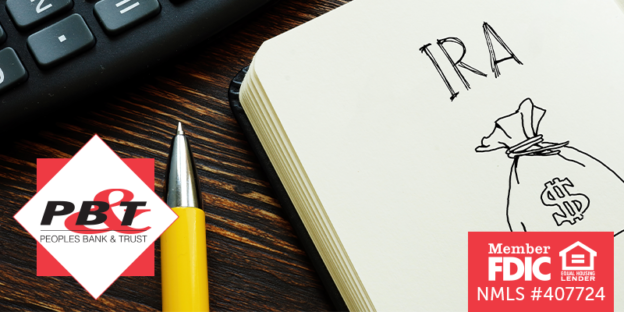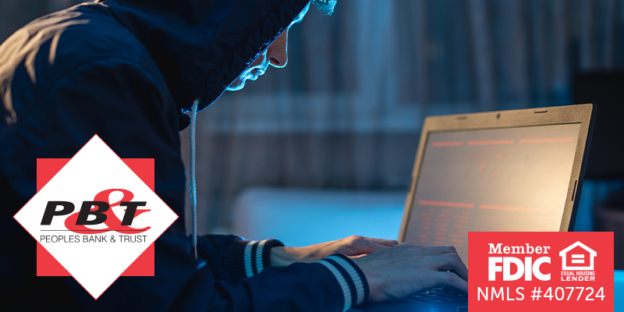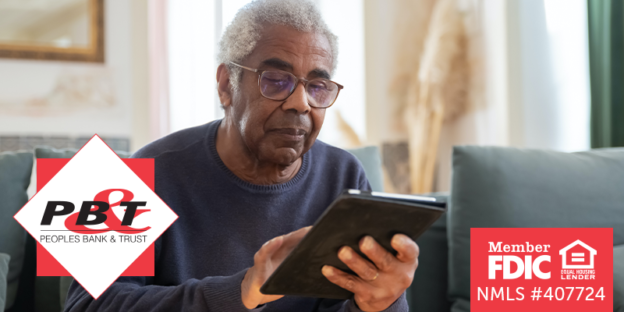It can be difficult when your goal for the year is to see more of the world, but you don’t have a huge budget to work with. Between flights, lodging and food, a quick weekend trip can turn into a trip that breaks the bank. Here are some ways to still experience the thrill of traveling while keeping the experiences relatively cheap:
Go Camping
There’s nothing quite as bonding as a fun family camping trip! Whether you have a camper, know someone with a camper, or want to go the old-fashioned route and pitch a tent, camping is a relatively cheap option.
Book Your Flights Far in Advance
The earlier you book your flights, the cheaper the rates usually are. Try to avoid planning last-minute trips since everything tends to cost more that way. Most airlines have flights available 11 months in advance which gives you lots of time to compare prices and book flights early. Keep your eye out for deals on flights to your desired location as well.
Choose a Cheaper Airport
Your local airport is close by and convenient, but smaller airports typically come with higher rates. It’s worth it to drive a couple of extra hours to make it to a bigger airport with more flight options as well as much lower rates.
Go On a Cruise
The great part about cruises is that you typically pay a single price that covers all expenses such as food, lodging and entertainment. Plus, you get to visit numerous locations all in one trip, making for a memorable and reasonably priced family vacation.
Fly a Budget Airline
Allegiant Air and Spirit are two examples of budget airlines that make flying a bit less expensive. The downfall of these airlines is the fact that things that are normally free with other airlines cost extra, such as carry-on luggage or seat assignments. Nevertheless, these budget airlines can save you hundreds of dollars and are a great financial choice.
Airbnb Over Hotel
Airbnb’s are located just about anywhere nowadays. Open the Airbnb app, enter the location and number of guests and you’ll be given lots of options. Not only is renting an Airbnb usually cheaper than a hotel, but they have a lot more character and feel more home-y.
Now that you’ve read these helpful travel tips, it’s time to print your boarding pass and pack your bags! We hope your next adventure is fun, memorable and most importantly, budget friendly.
Peoples Bank & Trust Co.
Member FDIC
Equal Housing Lender






